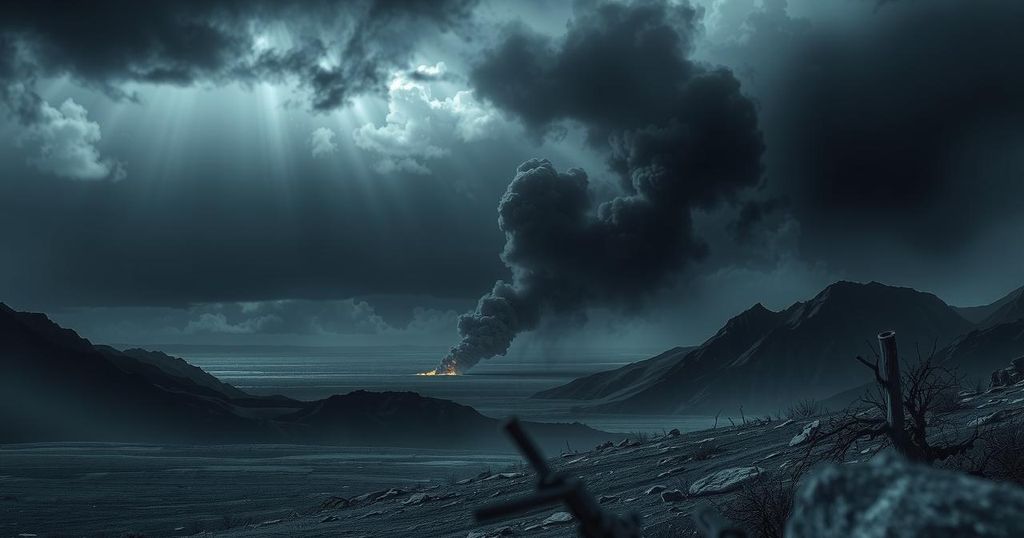Arrest of Vice President Riek Machar Threatens South Sudan Stability

The arrest of South Sudan’s First Vice President Riek Machar has raised grave concerns about the potential for renewed conflict in the nation. The UN warns that this escalation could lead to widespread violence, undermining the fragile peace established after years of civil war. Calls for dialogue among leaders are critical to prevent further unrest and violence.
The apprehension of Riek Machar, South Sudan’s First Vice President and adversary of President Salva Kiir, has been condemned by the United Nations as pushing the nation closer to widespread conflict. On Wednesday, a convoy comprising 20 armed vehicles forcibly entered Machar’s residence in Juba, escalating tensions in a country already rife with insecurity.
The existing power-sharing agreement between Machar and Kiir has been deteriorating, raising fears of a resurgence of the devastating conflict that claimed approximately 400,000 lives from 2013 to 2018. The statement from Machar’s party condemned the unconstitutional seizure, noting that his bodyguards were disarmed and he faced unclear charges while attempts were made to relocate him.
The head of the United Nations Mission in South Sudan, Nicholas Haysom, remarked that the country is on the verge of significant conflict following Machar’s arrest, stating, “Tonight, the country’s leaders stand on the brink of relapsing into widespread conflict”. Furthermore, he remarked that violations of the peace agreement established in 2018 could devastate South Sudan and impact the surrounding region.
The recent arrest of Riek Machar poses a substantial threat to the peace and stability of South Sudan, a nation already fraught with conflict since its independence. As tensions escalate, the need for constructive dialogue between political leaders is critical to avert a return to widespread violence, a scenario that could have dire consequences not only for South Sudan but also for neighboring countries. The international community’s attention and intervention may prove vital in de-escalating the situation.
Original Source: www.kpvi.com







